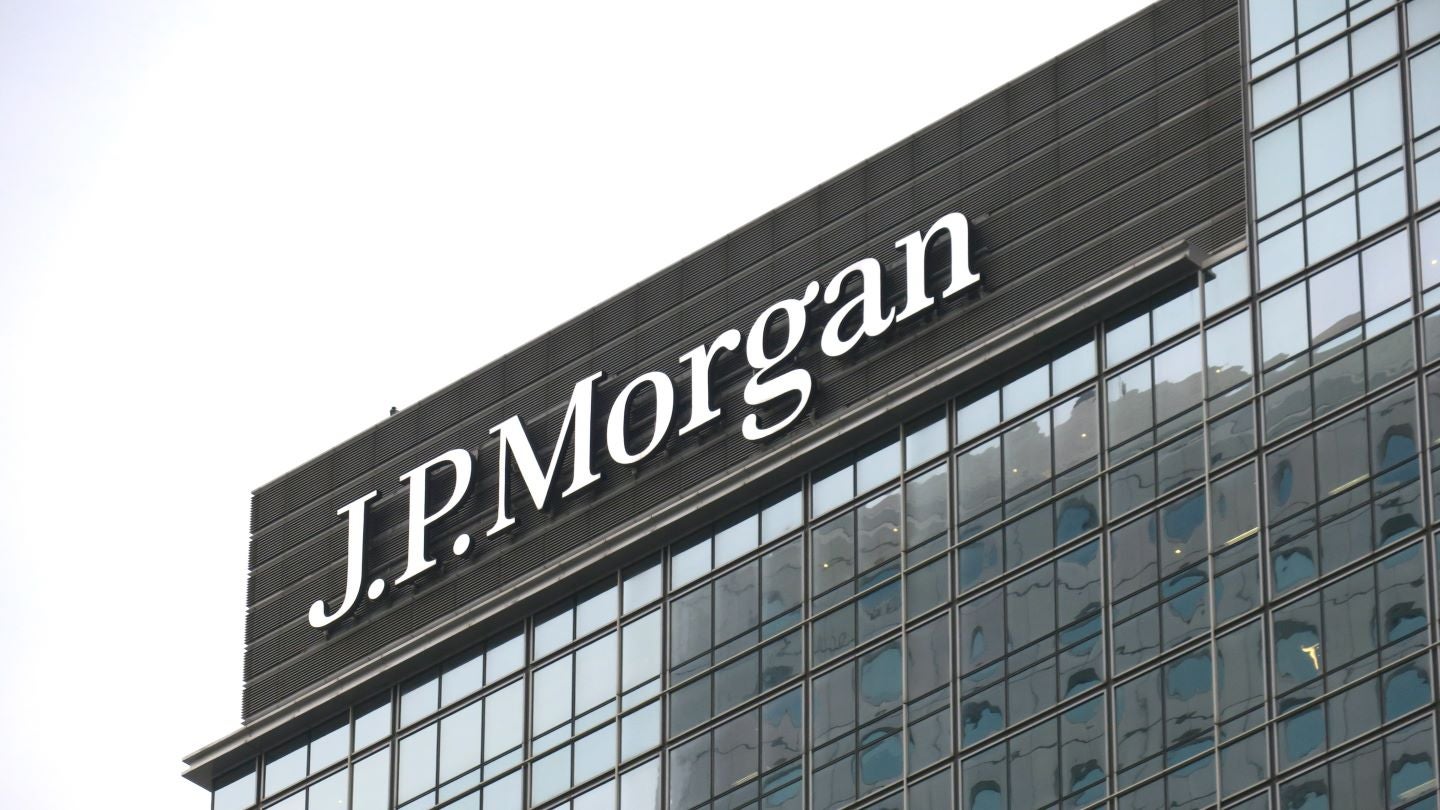
JPMorgan Chase is reportedly in advanced discussions to take over Apple’s credit-card program, potentially replacing Goldman Sachs as the tech giant’s card partner, reported Wall Street Journal.
The negotiations, which have been ongoing since early last year, have picked up pace in recent months.

Access deeper industry intelligence
Experience unmatched clarity with a single platform that combines unique data, AI, and human expertise.
Apple has expressed a preference for JPMorgan Chase, indicating a strong possibility of a partnership that would bring together two of America’s most powerful companies, the report said.
This alliance would offer JPMorgan access to Apple’s dedicated customer base for additional financial product offerings, while Apple would benefit from JPMorgan’s extensive consumer franchise to boost sales and financing of its products.
Currently, the Apple card programme holds approximately $20bn in balances with Goldman Sachs.
The transition to a new issuer has been in the works for at least two years, with Apple and Goldman Sachs considering various potential partners, including major credit-card issuers like American Express, Capital One, Synchrony Financial, as well as fintech companies and private-credit firms.

US Tariffs are shifting - will you react or anticipate?
Don’t let policy changes catch you off guard. Stay proactive with real-time data and expert analysis.
By GlobalDataIn a separate but related development, Visa has reportedly proposed a payment of around $100m to Apple in a bid to take over from Mastercard as the network for the Apple card.
Despite the advanced stage of the talks, the deal has yet to be finalised, and there is a possibility that the negotiations could fall through.
One of the main hurdles in the discussions is the Apple card programme’s significant exposure to subprime borrowers, which is influencing the price JPMorgan is willing to pay Goldman Sachs for taking on the card balances.
Goldman Sachs’ credit-card portfolio has a higher proportion of subprime borrowers compared to JPMorgan.
As of March’s end, approximately 34% of Goldman’s credit-card balances were associated with individuals with credit scores below 660.
In contrast, JPMorgan reported that only 15% of its balances were from this demographic.
Another concern is the delinquency rate on Goldman’s credit-card balances, which stood at around 4% for payments overdue by 30 days or more at the end of March.
This rate is higher than the industry average of 3.05% across all commercial banks for the same period.
Furthermore, the Apple card’s policy of not charging late fees eliminates a significant revenue stream for the issuer.
Earlier this month, US District Judge David Dugan dismissed a lawsuit accusing Apple, Visa, and Mastercard of anti-competitive payment practices.
They alleged Apple received a “cash bribe” from Visa and Mastercard to stay out of the market, resulting in higher transaction costs.







